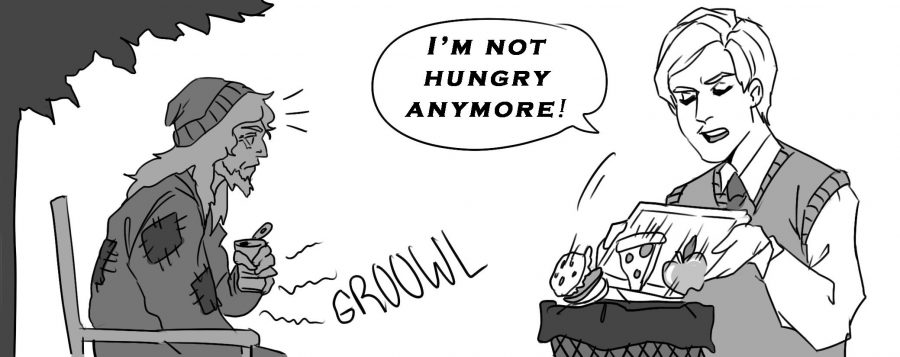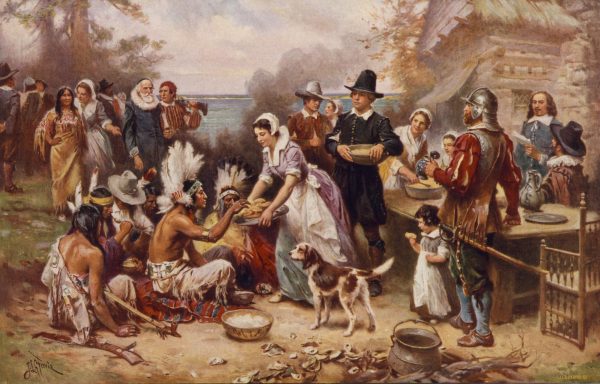Food waste caused by lack of dating system
December 5, 2016
Food wastage in America is a huge issue that is greatly impacted by food dating.
Scientific American calculated that 40 percent of food never gets eaten. Ten percent of energy goes towards making food; therefore, Dana Gunders, Natural Resources Defense Council (NRDC)’s project scientist on food and agriculture, said it is “a terrible use of those resources.”
Food wastage is caused by many factors, but one of the easily fixable ones is food dating.
The “dating system” is how foods are dated. It is a confusing system that is contributing to food waste because it lacks any type of regulations in the federal government. In the United States, “best by,” “sell by” and “use by” have no distinct definitions.
No one knows what they mean because they do not have to be based on legitimate health or quality.
Producers of food have the ability to make the date whatever they want to. The government has not made any federal regulations.
Some stores make their sell by dates multiple days past when they should be to make the item appear fresher. Others do the opposite in hopes of making it therefore sell faster.
The dates are decided based on what would benefit the company, not consumer.
Companies benefit off of unregulated dating because they can virtually place any date on a product.
Theoretically companies can put a date on a product that is two weeks from the purchase date just to increase there profit margins.
Economically, it makes sense to standardize dates. Standardizing dates would help make stores more reliable. An incentive for stores to standardize dates is that if all of the dates are regulated, there will be no confusion and bias towards specific stores based on arbitrary dates.
Stores will not have the ability to trick a consumer into believing they are buying fresher food based on the date. The consumer will place more trust in the store.
To improve societal welfare, companies should either put a date that helps the consumer know not to throw food away when it is still good or to have a more open dating system, where the date specifies if it is for health or quality.
The NRDC said, “If it’s a safety message, then let’s use those words. Let’s say, ‘Unsafe to eat after,’ or “if it’s about peak quality, then let’s use words that clearly convey that.”
Taking steps towards dating regulations would help immensely in reducing food waste by informing the consumer of legitimate dates and expansively wide.









